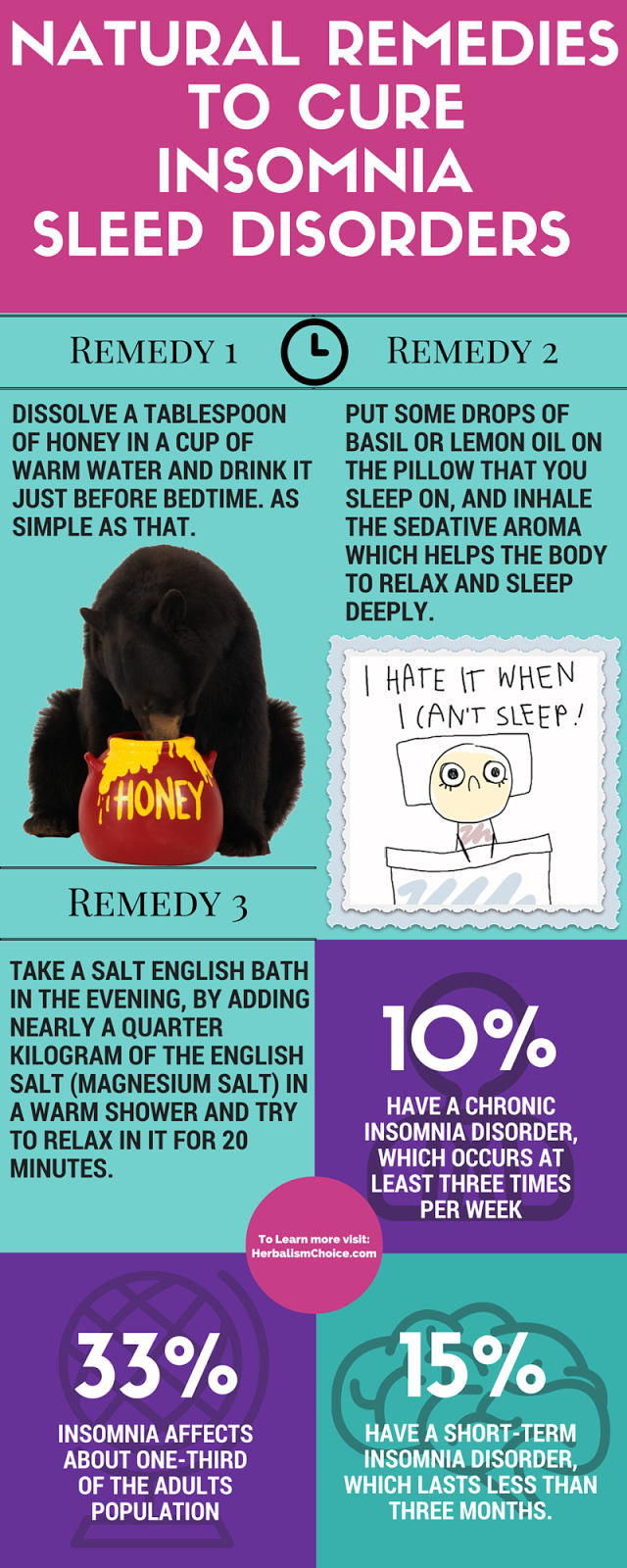
Comparative effectiveness of cognitive behavioral therapy for insomnia: A systematic review. Comorbid insomnia and psychiatric disorders: An update. cdc.gov/sleep/about_sleep/key_disorders.html sleep-disorders/more-sleep-disorders/idiopathic-insomnia/ Comorbid insomnia and cognitive behavior therapy. Prevalence of chronic insomnia in adult patients and its correlation with medical comorbidities.

You can learn more about how we ensure our content is accurate and current by reading our editorial policy. Healthline has strict sourcing guidelines and relies on peer-reviewed studies, academic research institutions, and medical associations.

This occurs when a child has a negative association with sleep and resists going to bed because of a lack of limit-setting by a parent or caretaker.īIC can usually be resolved with a few behavioral changes, such as creating a healthy sleep routine or learning self-soothing or relaxation techniques. This form is a combination of the other two subtypes of BIC. Examples of this behavior are asking for a drink, to go to the bathroom, or for a parent to read them another story. This type of BIC involves a child’s refusal to go to bed and repeated attempts to put off going to sleep.
Treating severe insomnia tv#
They may also include having a parent present or watching TV while falling asleep. This type results from negative associations with sleep, such as learning to go to sleep by being rocked or nursed.


Insomnia is considered chronic if you have trouble sleeping at least three days per week for at least one month.Ĭhronic insomnia can be primary or secondary. physical discomfort, such as pain or being unable to assume a comfortable position.sleeping in an unfamiliar bed or surroundings, such as a hotel or new home.environmental factors that disrupt your sleep, such as noise or light.It’s the most common type of insomnia.Īcute insomnia is also referred to as adjustment insomnia because it typically occurs when you experience a stressful event, such as the death of a loved one or starting a new job.Īlong with stress, acute insomnia can also be caused by: Acute insomniaĪcute insomnia is short-term insomnia that can last from a few days to a few weeks. Each type is characterized by how long it lasts, how it affects your sleep, and the underlying cause. There are a few different types of insomnia.


 0 kommentar(er)
0 kommentar(er)
